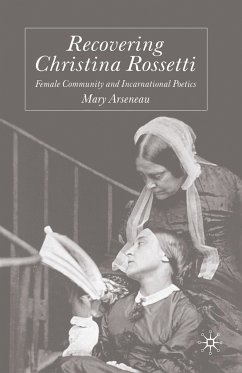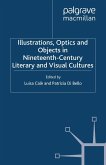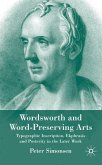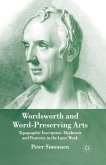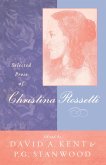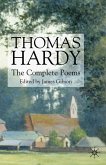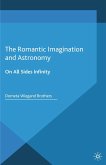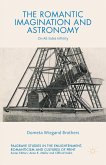This book re-conceives Christina Rossetti's poetic identity by exposing the androcentric bias inherent in the histories of the Rossetti family and of Pre-Raphaelitism, by turning new attention to the Rossetti women, and by reconstituting a female and religious community for Rossetti's writing. Drawing on extensive archival research, Mary Arseneau investigates how Rossetti's religious faith sustains her poetic practice and authorizes her cultural and aesthetic critique; the result is a re-evaluation and re-contextualization of the whole range of Rossetti's writing.
'This is an impressive book: carefully researched, beautifully written, and eloquently argued. It will be an important contribution to studies in Victorian women's poetry and, more generally, Victorian literature and culture.' - Dr Alison Chapman, Department of English Literature, University of Glasgow
'Acknowledging her debt to feminist scholarship on Christina Rossetti in the introduction, Mary Arseneau announces her ambition to extend and revise aspects of the Victorian poet's familial, theological and literary heritage. Recovering Christina Rossetti owes its existence to Arseneau's wish to go beyond the usual conclusion that Rossetti's expression is at its best when she challenges and transgresses the strictures and boundaries of her patriarchal religious faith.' - Elisabeth Lamothe, Cercles Reviews
'Acknowledging her debt to feminist scholarship on Christina Rossetti in the introduction, Mary Arseneau announces her ambition to extend and revise aspects of the Victorian poet's familial, theological and literary heritage. Recovering Christina Rossetti owes its existence to Arseneau's wish to go beyond the usual conclusion that Rossetti's expression is at its best when she challenges and transgresses the strictures and boundaries of her patriarchal religious faith.' - Elisabeth Lamothe, Cercles Reviews

